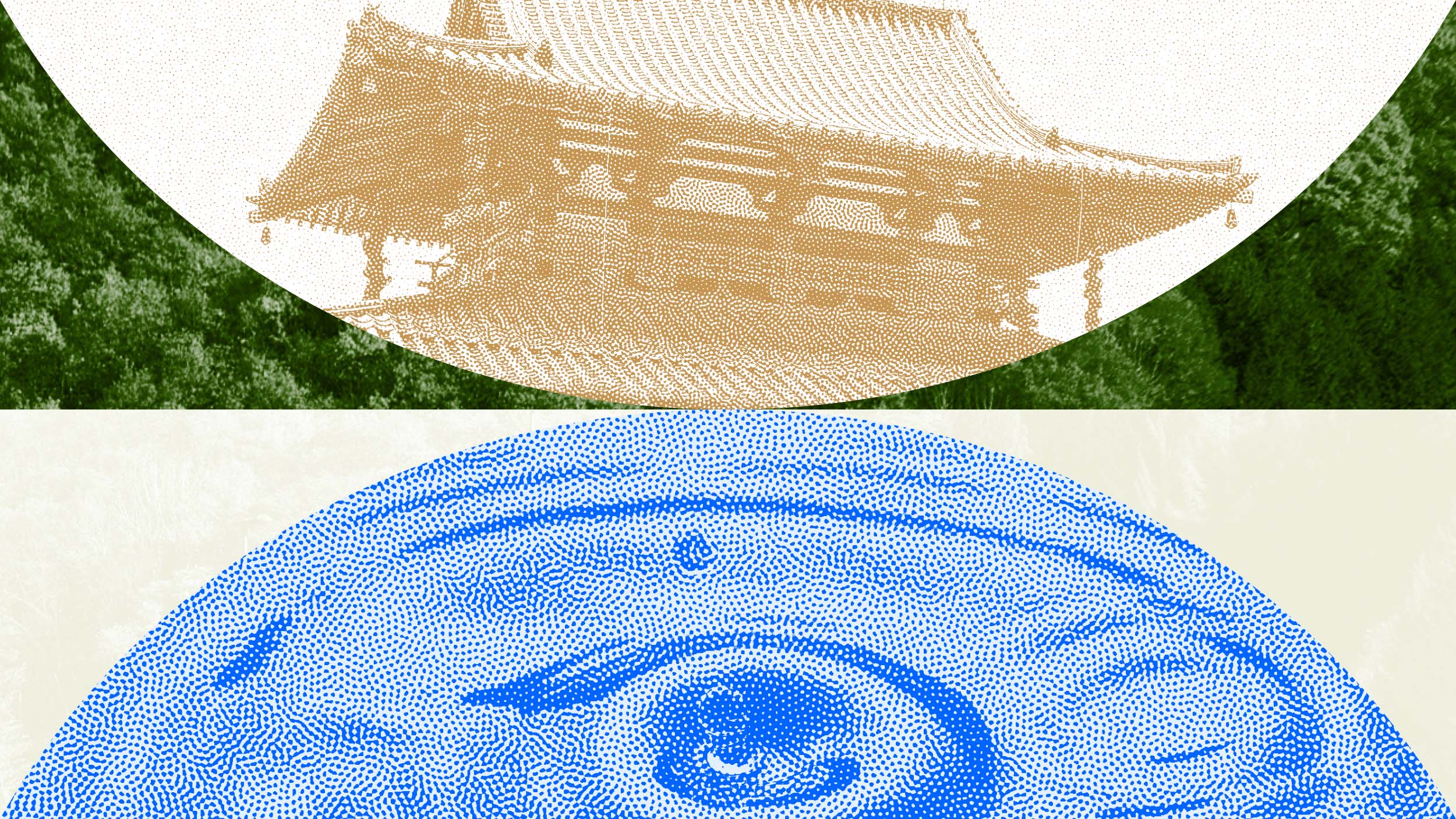Mark Leonard discusses China’s economic rise, and its sustainability.
Question: What are the consequences of China’s economic boom?
Mark Leonard: Sure. What has happened in China over the last generation is completely unprecedented in human history. You’ve had hundreds of millions of people literally move from agricultural backwardness into kind of multi industrial economy. And this has generated a vast amount of wealth, and we all know that China’s economy has gone from, you know, is growing exponentially. But as this economic growth is proceeded, it has also created a whole series of new problems which China didn’t deal with before. The beginning of the economic reform process, it was one of the most equal countries in the world. Now it’s one of the most unequal, even more unequal than the United States of America. And, you know, 700 million people in China are poorer than the poorest people in Africa, and they live side by side with about 30 million people who are as rich as the developed countries. And you have other Chinese in the middle between these two extremes. The destruction of the Chinese environment has proceeded at an absolutely terrifying pace, so that a majority of Chinese people don’t have access to clean water. Thousand of people are dying every year from respiratory diseases because the air is in such poor quality. Chinese farmers don’t have access to enough arable land in order to be able to feed the country. So a lot of Westerners
worry about China’s impact on the environment in the future, but for Chinese people the nightmare is already there. And then at the level of social welfare, you have literally 100s of millions of people who have some kind of social protection under the Communist system, because the companies they work for gave them a degree of protection if things go bad, to having absolutely no faith in that at all. They’re left all on their own, and they are terrified of growing old or growing sick. So a lot of Chinese people are starting to ask difficult questions about where the economy goes now. In the 1980s, what you had was a big division between the conservatives, who wanted to stick with a command and control economy, and the reformers who wanted to embrace the market. But what’s happened now is that the conservatives have almost died out. Nobody wants to go back to the old base. But the reform campus split in two. On the one hand you have people who think that the problem which China has is that it’s only half completed its economic reforms. They need to go further and embrace the market even more. And these are the people who, their opponents call them The New Right. They’re the economists who were really influential in the ’80s and ‘90s and throughout the success of the last 30 years, but they say that you need to finish the job now, and to privatize the remaining state owned enterprises. We need to introduce the market into other areas of society, and that’s the way forward. And then on the other hand, you’ve got people who are very critical about it, and they say, “Look, look at all the problems which this embracing the market has created.” We need not to introduce the market into everything. We need to try and develop a gentler form of capitalism which delivers for ordinary people, and doesn’t see more and more wealth accumulating in the hands of fewer and fewer people. And they’re disgusted at the way that you have a kind of reverse distribution going on
coastal provinces that are growing at this kind of false rate of development, are actually being subsidized by the poorest peasants in the inland provinces. They want to turn that around, and redistribute money to the poorest people in Chinese society. And the way that they’re thinking about doing it is partly by learning some of the most advanced ideas from the Latin and other parts of the world. That’s quite an important debate, and there has been a, I think, quite a big shift in political power within China, because during the ‘90s, when Jiang Zemin was president of China, and before that when Deng Xiaoping was president of China, the slogans which were popular were things like getting rich is glorious. Deng Xiaoping said that the whole of China, the different states in China should eat in separate kitchens rather than from a common pot. In other words, money wouldn’t be distributed from the poor to the rich. And now if you look at the senior leadership of President Hu Jintao, Prime Minister Wen Jiabao, what they’re trying to do is actually to talk about harmonious society, about scientific development. And what they mean by that is that more needs to be done to deliver four million people, because they’re seeing that last year there were 87,000 protests, lots of which were brought about as a result of the social tensions that are emerging from the kind of breakneck, capitalist development in China. So there is a degree of correction which is coming in.





